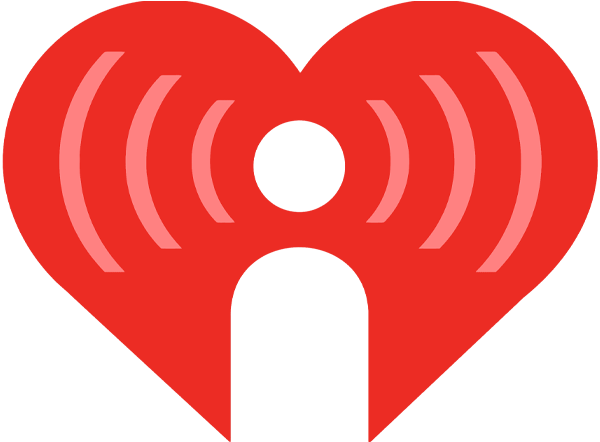Operations
Government | Residents | visitors
Emergency Operations Center
The Emergency Operations Center is responsible for the strategic overview, or big picture, of any disaster or incident. The EOC does not control on-scene response efforts but aims to provide the on-scene personnel with the resources and information necessary to respond to any hazard properly. The decisions made through the EOC are designed to be broad in scope and offer general guidance on priorities. The EOC serves as a coordinated link between the chief elected official and the field personnel coordinating the execution of event priorities to ensure a collaborative effort.
The common functions of all EOC’s are to:
- Collect, gather and analyze data
- Manage requests, procurement and utilization of resources
- Make decisions that protect life and property
- Maintain continuity of the organization
- Act within the scope of applicable laws
- Disseminate those decisions to all concerned agencies and individuals
Managing response and recovery operations involves a tremendous amount of information. The EOC’s job is to collect this information and to manage and control event information and response activities. Typically, the information flow may follow the following series of events:
- Incident occurs
- Notification sent to staff
- Status evaluated by EOC managers
- EOC activated, Incident Log opened
- SOPs implemented using checklists
- Tasks assigned according to plan
- Resource allocation (tracked in log)
- Task performance (tracked in log)
- Status briefings and updates to stakeholders
Outdoor Warning Siren System
The Outdoor Warning Siren System is one of the most public-facing activities our agency is known for, however, it is one we wish for the public to rely on the least. We have 105 active sirens throughout the City. The Outdoor Warning Sirens (not just for tornado warnings) are an audible warning system designed to inform the public, who are outdoors at the time, of impending or ongoing danger.
During an emergency, our sirens will sound with a steady tone for three minutes. If you hear the sirens sounding, and it’s not on our weekly test day (Every Wednesday at 3:30-weather permitting), we want you to go inside and locate your news sources (phone apps, TV, radio, etc.) to get more information about the threat. Do not call police or fire unless you are experiencing an emergency.
Sirens typically have a maximum audible range of 1-1.5 miles on a clear, calm day with no obstructions between you and the siren. Factor in trees, wind, rain, hail, walls of your house or building, and TV, and it can be very difficult to hear a siren sounding. And if you’re asleep, it likely will not wake you.
Occasionally, on blue sky days, we conduct maintenance on broken sirens. As a part of that maintenance, we may audibly test the siren(s) to ensure the repairs took. We will post on social media when and where those tests are done.
While our office continues to maintain the siren, we want you to remember this: they are one tool for your warning and notification toolbox, and there should be many tools in that toolbox!
Click Here to sign up for Memphis Alerts
Weekly Testing
The outdoor warning system is tested every Wednesday at 3:30 p.m. – weather permitting. We do not test the sirens if the weather is cloudy, raining, or threatening. This helps ensure that there is no confusion about severe weather in the area.
If you are outdoors when the sirens are activated
Seek shelter immediately. If shelter is not available and severe weather is in the area lie in a ditch, ravine, culvert or low-lying area. Make sure the low-lying area you choose is not prone to flooding. Use your arms or a piece of clothing to protect your head and neck.
If you are in a mobile home or a vehicle
Mobile homes and vehicles are vulnerable to tornadoes and severe thunderstorms. Residents of mobile home parks should have a designated shelter in the community or a plan to evacuate to an off-site shelter location. If there is no time to get to shelter, abandon the mobile home or vehicle and lie flat in the nearest ditch or depression with your hands covering your head. NEVER try to outrun a tornado.
Looking For
Something Else?

Call 311 for a service request
Call 211 for community services
901-636-6500




